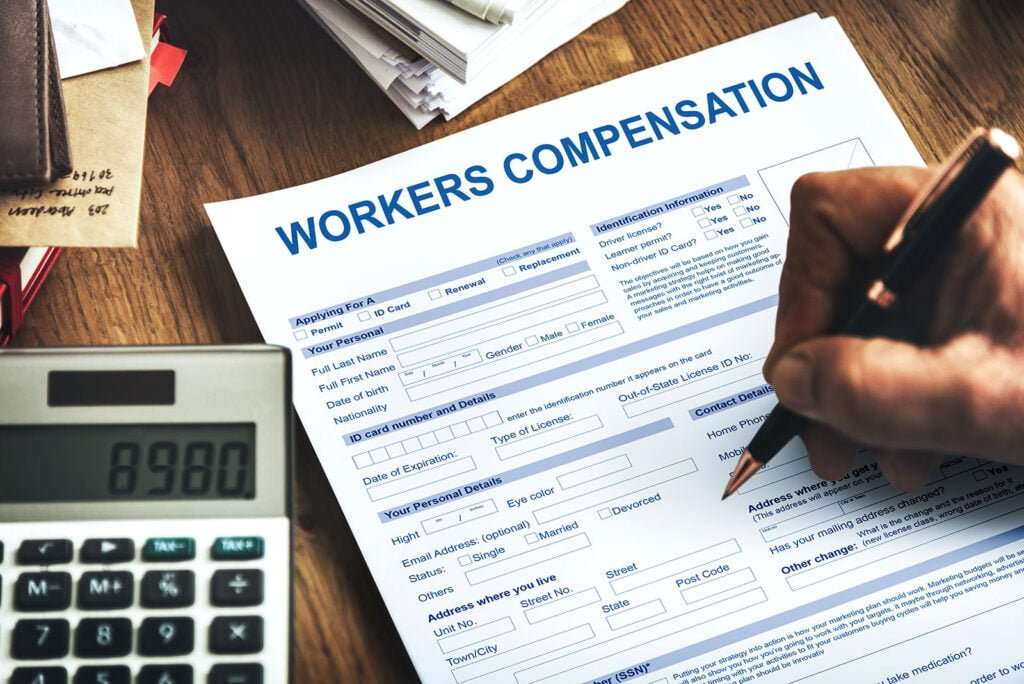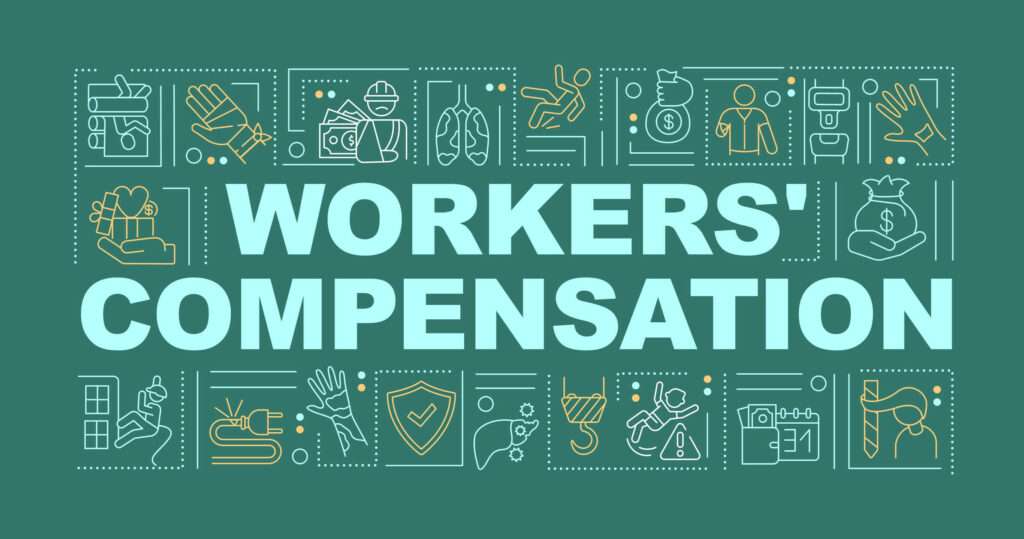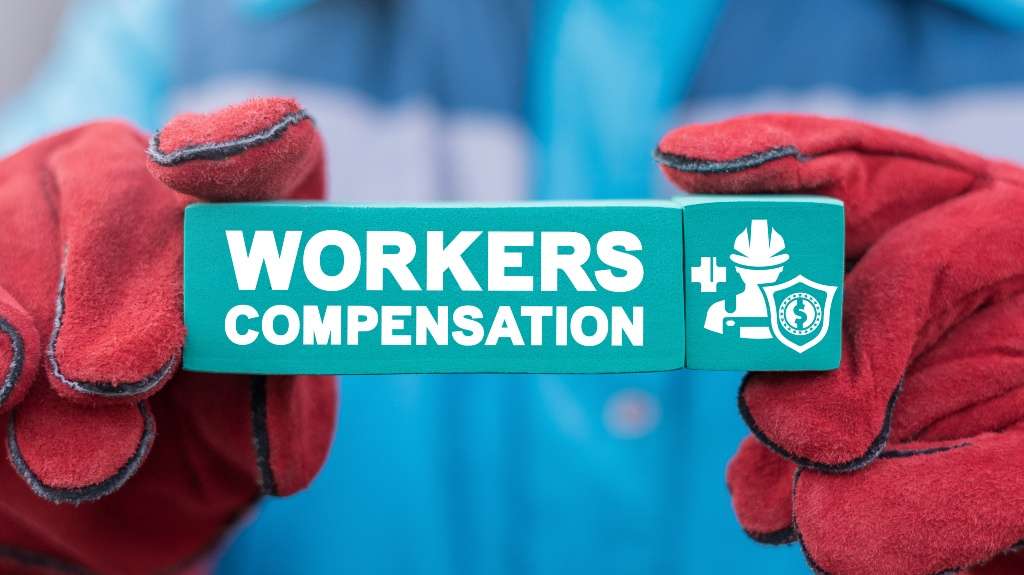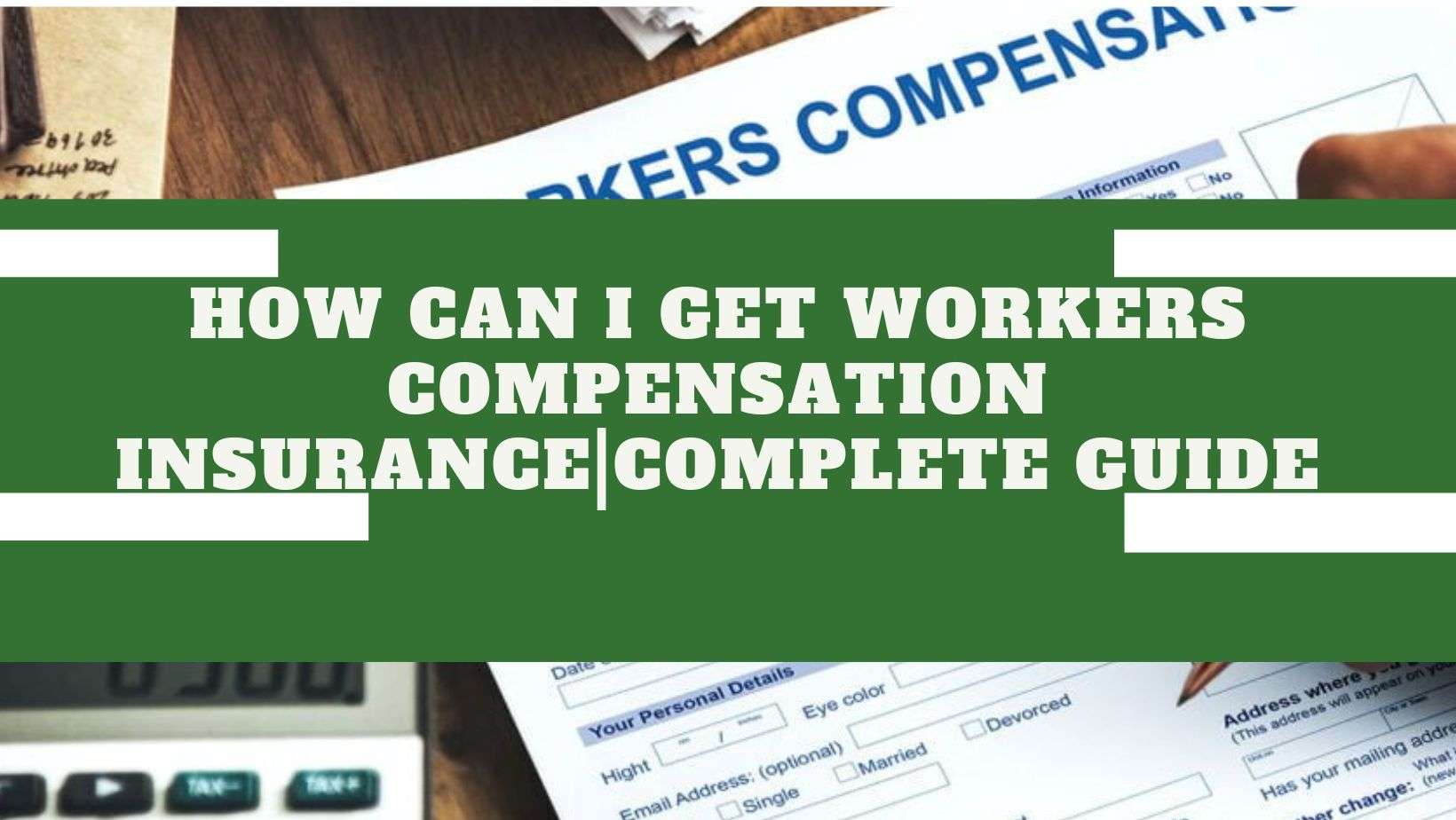What Is Workers’ Compensation?
Often known as “workers’ comp,” workers’ compensation is a government-mandated program that pays benefits to employees who are hurt on the job or develop an illness as a result of their work. In essence, it’s a workers’ disability insurance policy that pays out cash benefits, healthcare benefits, or both to employees who are sick or injured at work.
In the US, the individual states are largely in charge of workers’ compensation. States have quite different requirements for benefits.
The only state that exempts employers from having to keep workers’ compensation insurance is Texas.
- Workers’ compensation is a type of insurance provided by employers to employees who suffer injuries or disabilities while performing their jobs.
- Employees who accept workers’ compensation benefits forfeit their right to bring a damages lawsuit against their employer.
- Medical expenses may be covered and a portion of the salary repaid as part of the remuneration.
- Disability insurance and unemployment payments are not the same as workers’ compensation.

Understanding Workers’ Compensation
One of the benefits of workers’ compensation might be a partial wage replacement for the time the employee was unable to work. Occupational therapy and medical service reimbursement may also be included in the benefits.
Private insurers fund the majority of workers’ compensation systems with premiums that each individual employer pays. Each state has a Workers’ Compensation Board, a state entity that regulates the program and intervenes in disputes.
government personnel, longshore and harbor workers, and energy employees are all covered by government workers’ compensation systems. Benefits for coal miners and their dependents in case of death or disability are managed by the Black Lung agency, another federal agency.2.
Workers’ Compensation Benefits
States have different requirements for workers’ compensation, and some do not cover all employees. For instance, small enterprises are exempt from the requirement to be covered in several states. Others have distinct needs depending on the industry. A list of every state’s worker compensation laws is kept up to date by the National Federation of Independent Business (NFIB).

Salary Replacement:
Workers’ compensation pays less than full salary, with generous programs offering two-thirds of gross salary. Benefits are usually not taxable, but may be due to recipients with Social Security Disability or Supplemental Security Income.
Special Consideration
The Workers’ Compensation Board may resolve disputes over workers’ compensation claims, which can arise over employer liability and insurance fraud. Employees may falsely report injuries, exaggerate severity, or invent injuries. The National Insurance Crime Board warns of organized criminal conspiracies submitting false claims to medical insurance companies.
Independent Contractor Exception
- Dispute over California ballot measure extending benefits to ride-sharing app drivers.
- Issue of workers’ compensation for contract workers persists.
- In 2020, 17 million Americans worked full-time as contractors, and over 34 million worked part-time or occasionally.
Also Check Out This: What Happens if you Crash a Rental Car with Insurance
Types of Workers’ Compensation

The U.S. Department of Labor’s Office of Workers’ Compensation Programs handles individual states’ workers’ compensation rules, but lacks federal standards. This results in varied policies for injuries, with identical injuries receiving different compensation depending on location. The Occupational Safety and Health Administration calls workers’ compensation a “broken system,” with 50% of costs borne by the injured individuals.
Workers’ Compensation: Coverage A vs. Coverage B
There are two types of workers’ compensation coverage: Coverage A and Coverage B.
- Coverage A: Includes state-mandated benefits for injured or ill employees.
- Includes salary replacement, medical care, rehabilitation, and death benefits.
- Benefits vary across states, with some exclusions.
- Coverage B: Pays benefits exceeding minimums, typically after a successful lawsuit for negligence or misconduct.
Also Check Out This: Is concealed carry insurance worth it
Who pays workers’ compensation insurance premiums?
Premiums for workers’ compensation insurance are covered by the employer.
When it comes to Social Security benefits, there is no payroll deduction. According to the provisions of each state’s workers’ compensation law, the employer is obligated by law to provide benefits.

How much does workers’ compensation cost?
Workers’ Compensation Insurance Costs and Rates
- Costs vary by state and job type.
- Mandated benefits vary.
- Rates depend on low-risk or high-risk jobs.
- Insurance fees are based on company’s payroll numbers.
- Example: California: 40 cents per $100 for low-risk workers, $33.57 for high-risk jobs.
- Florida: 26 cents per $100 for low-risk jobs, $19.40 for high-risk jobs.
- New York: 7 cents per $100 for low-risk jobs, $29.93 for high-risk jobs.
How do you apply for workers’ compensation?
The rules for applying for workers’ compensation vary by state. In general, a worker with a job-related injury or illness should:
- Detail injury or illness, including photos and witnesses.
- Report to employer, who will file claim with insurer.
- Follow through with insurance company to confirm claim filing.
- If claim denied, appeal to state’s Workers’ Compensation Board.
Also Check Out This: How to Submit a Superbill to Insurance
Who is exempt from workers’ compensation?
Workers’ compensation typically only covers salaried employees, with exceptions for contractors and freelancers. State rules vary, with Arkansas excluding farm laborers, Idaho excluding domestic workers, and Louisiana excluding musicians and crop-dusting airplane crew members.
The Bottom Line
- All states require employers to provide workers’ compensation coverage to some employees.
- Exceptions exist, with contractors and freelancers rarely covered.
- Certain professions are often excluded from the mandate or limited in benefits scope.
- Online sites like Florida’s Division of Workers’ Compensation provide information, forms, and a database for determining employer coverage.
What Is Workers’ Compensation?
Workers’ compensation is a government-mandated program providing benefits to injured or sick employees in the US. It covers medical expenses and remuneration, with Texas being the only state exempt from insurance requirements.
What are the Benefits of Workers’ Compensation ?
The National Federation of Independent Business (NFIB) maintains a comprehensive list of state worker compensation laws, ensuring compliance with industry-specific requirements.
How do you apply for workers’ compensation?
Workers’ compensation application rules vary by state, but typically involve detailed injury or illness report, employer filing, insurance confirmation, and appeal to the state’s Workers’ Compensation Board if denied.
How much does workers’ compensation cost?
Insurance costs vary by state and job type, with rates based on low-risk or high-risk jobs, and are based on company payroll numbers.
